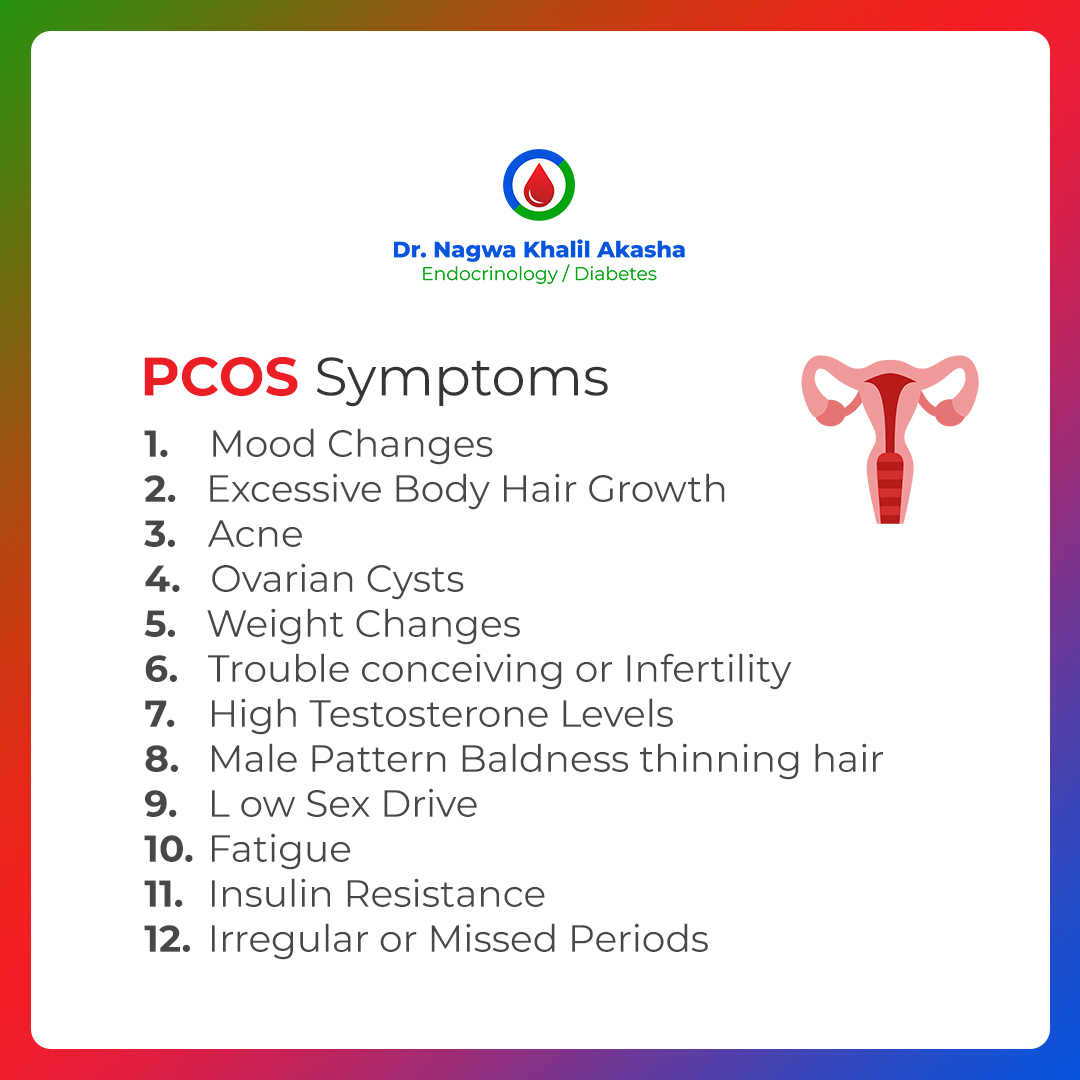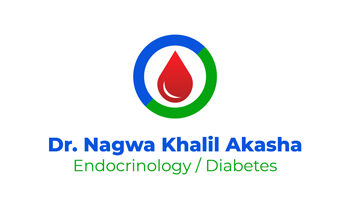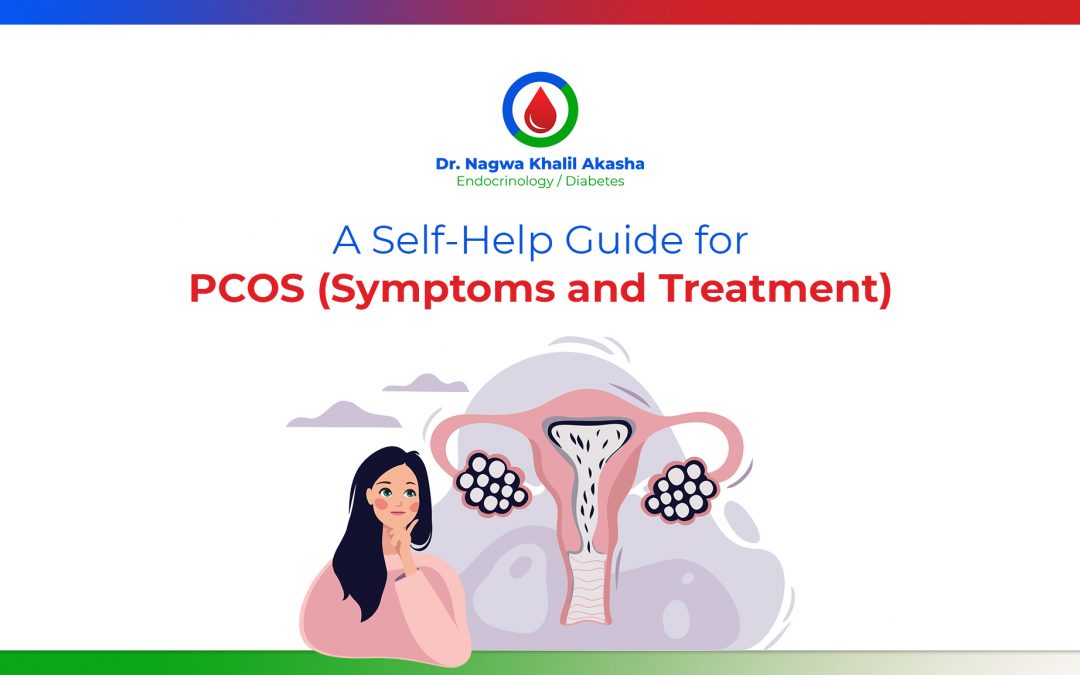PCOS – Polycystic Ovary Syndrome
PCOS (Polycystic Ovary Syndrome) is a condition when a female’s body diminishes the production of androgens (male sex hormones). It normally affects women who are between 18 – 45, and the symptoms of PCOS become apparent. Studies suggest that 5 out of every 10 women have PCOS however, the accurate cause of PCOS has not been identified yet.
Several women remain unaware of the symptoms and their treatment for PCOS due to less or no awareness at all. The first and foremost requisite for dealing with PCOS is to identify the symptoms and get your condition diagnosed on time with the help of a doctor’s consultation.
Here’s a list of some of the major symptoms of PCOS:

Diagnosis of PCOS
No medical test can definitively diagnose PCOS, but your doctor will learn from your medical history and symptoms. The examination with the doctor may involve questions about your menstrual cycle, weight changes, infertility problem, etc. On the other hand, during a physical exam, your doctor may check your insulin resistance, breathing issues or chest pain, signs for excessive hair growth, mood changes, and acne.
Following tests are usually recommended by a healthcare professional for the diagnosis of PCOS:
Blood Test: To primarily measure the level of your androgens and other hormones.
Urine Test: For detection of urine metabolites.
A Pelvic Exam: To inspects your reproductive organs for masses, growths, and other abnormalities.
A Transvaginal Ultrasound: To examine the health of your ovaries and uterus through a transducer that is placed in the vagina during the test.
Periodic checks and screening for hypertension, cholesterol, and glucose intolerance, along with screening for depression, anxiety, and sleeping disorders can be recommended in case of complications.
Treatment
The symptoms of PCOS are different for different people, some people may experience a range of symptoms or only a few of them.
Hence, the treatment procedures also vary as per the situation of the person. There’s no complete cure for PCOS however, the symptoms can be treated and managed in several ways.
Lifestyle Changes: It is often seen that women who have PCOS are mostly overweight and obese. Hence keeping regular physical activity as a part of your routine can help reduce weight and ease some symptoms as well. Physical exertion also helps manage your blood sugar levels and increases the chances of ovulation.
Dietary Changes: A healthy diet is all you need to cure your symptoms. Eating healthy food full of nutrients can help your body use insulin effectively, decrease your blood sugar, and may help you ovulate. Maximum intake of magnesium, zinc, iron is highly recommended for women’s health. Besides that, probiotic food and supplements also reduce inflammation and regulate sex hormones like androgen and estrogen.
Medications: Every symptom of PCOS requires different treatments and medication that can reduce the severity of the certain symptom or completely cure it. There are different medications available for Menstrual Dysfunction, Infertility, Insulin Resistance, Weight Gain, Hyperandrogenism, etc. To better cope with multiple symptoms of PCOS, you may need to see different doctors experienced with the disorder. For instance, a gynecologist, an endocrinologist, or a fertility specialist known as a reproductive endocrinologist.
Conclusion
Living with PCOS is tough and requires a lot of energy, patience, and resilience. Some women struggle with physical symptoms such as weight gain, acne, hair growth, and infertility. On the other hand, some have to bear up with non-physical issues like hormone imbalance, irritability, mood swings, anxiety, and depression.
It is, therefore, recommended to take early consultation by your healthcare provider about the best ways to treat the symptoms that bother you.

